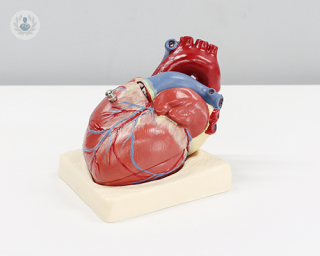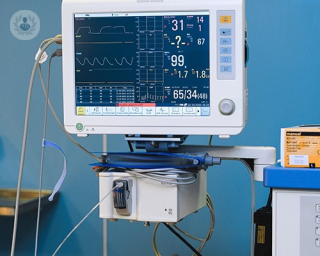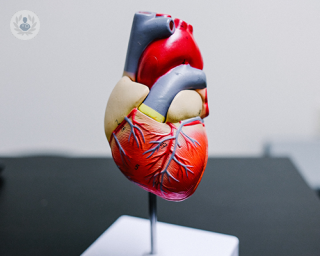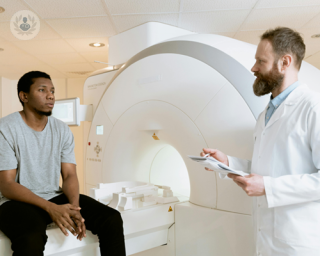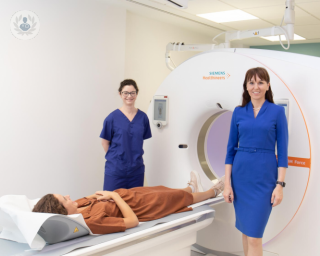
By Dr Anne Griguer
20.03.24
Cardiology
Understanding chest pain: Cardiac and non-cardiac causes
Chest pain, often an immediate cause for concern, can arise from various sources, both cardiac and non-cardiac. In her latest online article, Dr Anne Griguer delves into the distinctive features, diagnostic approaches, and treatments for conditions like pericarditis, myocarditis, angina, heart attacks, as well as non-cardiac issues such as musculoskeletal, lung-related, and stomach-related causes. Recognising these differences is crucial for prompt and accurate medical intervention, ensuring tailored management based on the specific underlying cause of chest discomfort.





